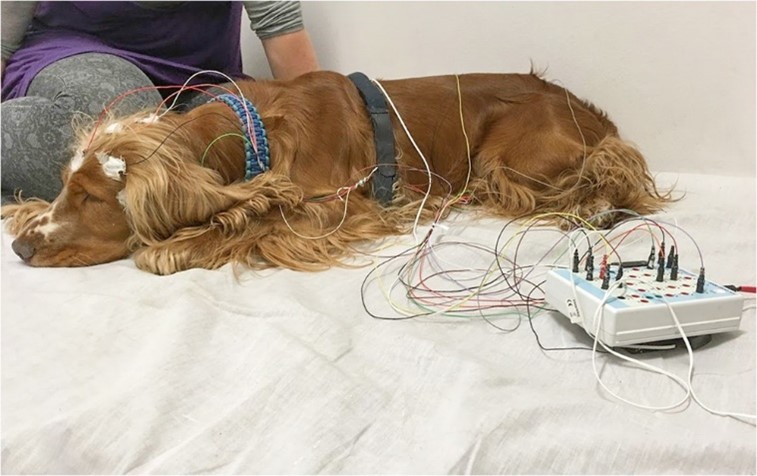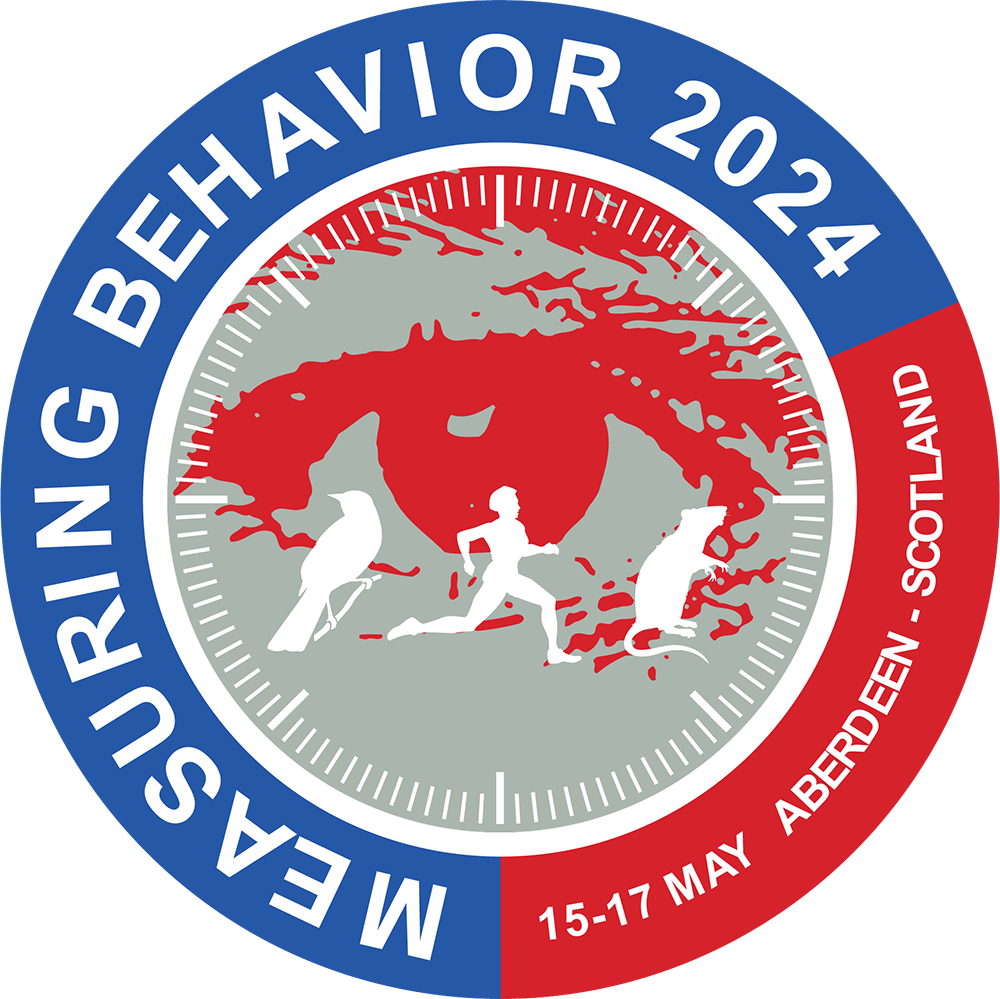This general session presents four papers about the increasingly popular technique of using multimodal measurements. The same techniques are also used in several other sessions at the conference. The session takes place in Meeting Room 4 on Thursday 16th May, 15:30 – 16:50.
Chair: Andrew Spink
15:30 – 15:50 Fan Xu – The constructive effect of positive encouragement on preschool children
The invisible positive encouragement from parents on the preschool children exist extensively, however the neural modulation mechanism behind it remains unclear. Here we recruited 9 children to stack the block, while randomly invited the parent to be positively encourage on child or not, during the stack process. This study may increase our understanding in child developmental psychology and how to setup a more congenial and close relationship among parents-children.
15:50 – 16:10 Ivo Stuldreher – Classifying arousal and valence from facial expressions and physiological responses evoked by multiple stressors
We here aim to automatically detect stress from physiology and video images of the face evoked by multiple stressors. Fifty-one participants were exposed to different types of stressors and corresponding baseline variants. Video, electrocardiogram (ECG), electrodermal activity (EDA), facial expressions and self-reports (arousal and valence) were recorded. We showed that it is possible to automatically monitor arousal and valence even in relatively general contexts and better than humans can.
16:10 – 16:30 Anna Kis – Non-invasive ways to measure sleep behaviour in family dogs
Sleep is a fundamental part of the mammalian behaviour repertoire. It is, however, not possible to gain detailed information about an animal’s sleep (e.g. time spent in the different sleep stages) using classical behavioural observation only. In this paper I will present a fully non-invasive method for family dogs that allows for the paralell monitoring of different parameters during sleep (including brain activity), thus providing detailed information on canine sleep behaviour.
16:30 – 16:50 Nattapong Thammasan – Towards a Multi-Modal Human Digital Twin for Nutrition and Wellbeing
We introduce the concept of Digital Twins in health and present a first iteration of operationalizing a Digital Twin in the Nutrition and Wellbeing domain. The system can capture, process, and integrate data in real-time from multi-modal sensors, which we demonstrate using pilot study data. First health-related insights on the link between food and drink intakes, mood, and physiological state are provided.

 Measuring Behavior
Measuring Behavior